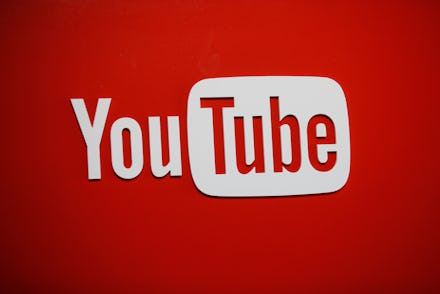YouTube Privacy Policy: Everything you need to know

Online video platform YouTube has over 1 billion users, with local versions available in more than 88 countries. With so much exposure, privacy naturally becomes a factor, and those who feel their privacy has been violated can file a privacy complaint directly with the service. Here's everything you need to know about YouTube and its privacy guidelines:
What kind of content will violate YouTube's privacy policy?
The general gist of YouTube's privacy policy is that a person must be "uniquely identifiable" for content to be subject to removal. This means a video should have enough details that people can recognize the complainant and not confuse them for anyone else.
YouTube explains on its privacy page:
For content to be considered for removal, an individual must be uniquely identifiable by image, voice, full name, Social Security number, bank account number or contact information (e.g. home address, email address). Examples that would not violate our privacy guidelines include gamer tags, avatar names and address information in which the individual is not named. We also take public interest, newsworthinessand consent into account when determining if content should be removed for a privacy violation. YouTube reserves the right to make the final determination of whether a violation of its privacy guidelines has occurred.
Filing a complaint is anonymous
According to YouTube, the identity or contact information of someone initiating a privacy complaint process will not be disclosed to the uploader of the video. In most cases, complaints must be first-party claims and not on behalf of someone else.
YouTube won't remove the video within the first two days
Once a complaint has been filed, the uploader is notified and has 48 hours to remove the video in question. Should they not remove the content, a team at YouTube reviews the complaint.
Written consent does not necessarily make a difference
Here's a hypothetical: The uploader has written consent or verbal proof that the individual in question has given permission to have their presence uploaded on YouTube. Now what? YouTube's website explains that even with this information, the content must still be taken off the platform. "Unfortunately we cannot accept or review agreements granting consent before the video was uploaded," writes YouTube. "Thus, we may still have to remove your video based upon the complaint."
YouTube's privacy policy is consistent across the globe
Privacy laws vary from country to country, but YouTube's privacy guidelines are constant regardless of an individual nation's rules. "Our privacy guidelines apply to all users across the world," writes YouTube. "In other words, while the video in question may not violate your country's privacy laws, it may still violate YouTube's privacy guidelines."